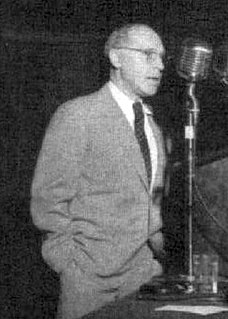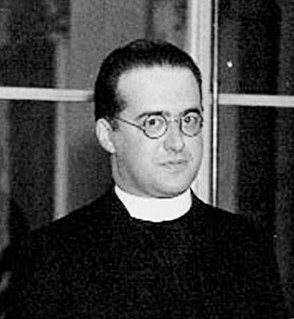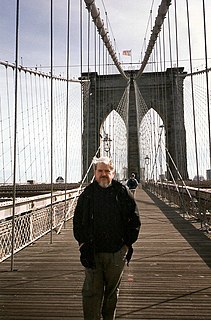A Quote by George Stigler
That subject has lost its one time appeal to economists as our science has become more abstract, but my interest has even grown more intense as the questions raised by the sociology of science became more prominent.
Related Quotes
Well, good science fiction is intelligent. It asks big questions that are on people's minds. It's not impossible. It has some sort of root in the abstract. So automatically you're getting closer to potentially divine sources of interest because it is abstract. It's one of the only ways that a film actor can express himself in the abstract and have audiences still go along for the ride. They don't contend it. They accept it, that they're going to go places that are a bit more of the imagination, a bit more out there, and that's more and more where I like to dance.
Its a consequence of the experience of science. As you learn more and more about the universe, you find you can understand more and more without any reference to supernatural intervention, so you lose interest in that possibility. Most scientists I know dont care enough about religion even to call themselves atheists. And that, I think, is one of the great things about science-that it has made it possible for people not to be religious.
As science is more and more subject to grave misuse as well as to use for human benefit it has also become the scientist's responsibility to become aware of the social relations and applications of his subject, and to exert his influence in such a direction as will result in the best applications of the findings in his own and related fields. Thus he must help in educating the public, in the broad sense, and this means first educating himself, not only in science but in regard to the great issues confronting mankind today.
Economics, over the years, has become more and more abstract and divorced from events in the real world. Economists, by and large, do not study the workings of the actual economic system. They theorize about it. As Ely Devons, an English economist, once said in a meeting: 'If economists wanted to study the horse, they wouldn't go around and look at horses. They'd sit in their studies and say to themselves, `What would I do if I were a horse?' '




































